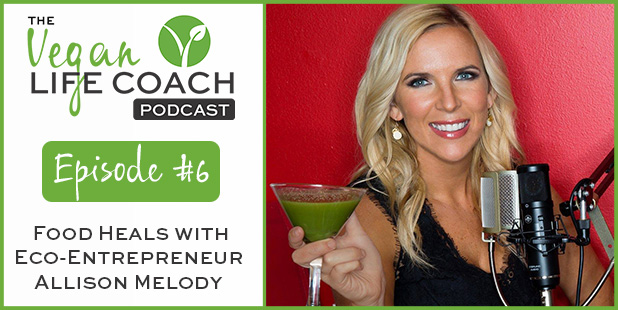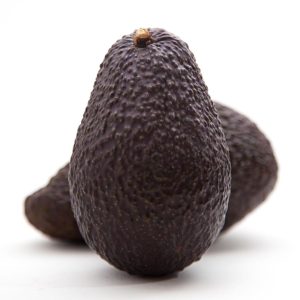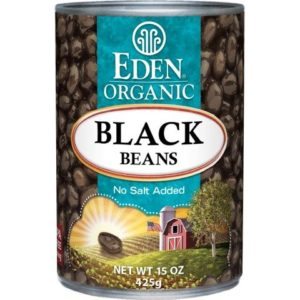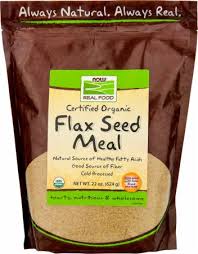Each one of us has our own unique vegan story, and today’s guest, Allison Melody, will leave you with chills, and inspire you to look differently at the food on your plate.
Allison shares her powerful story of how she lost both her parents to cancer and set out on her journey to a vegan lifestyle as she learned the healing power of food.
I am grateful to have eco-entrepreneur and my good friend Allison Melody on The Vegan Life Podcast. Allison is the host of Food Heals, and she’s also a film producer, international speaker, and published author.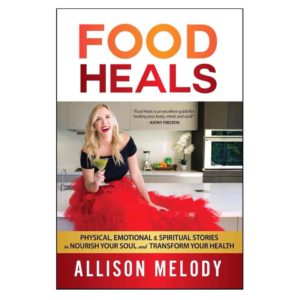
Allison’s mission is to spread the plant-based message as much as she can. So no husband, child, or loved one has to experience the pain of losing a loved one to cancer. She believes the body is designed to heal itself, and that the plant-based diet can reverse and prevent disease.
One of the questions I ask Allison in this episode is, “At what point did you know that you were ready to be vulnerable and share your story with the world?” Her answer may surprise you.
“The more real and authentic we are, the more people can relate to us and feel inspired to change. The more vulnerable we can be, the more impact that we can have. I realize that if I want to have an impact, I have to put it all out there.”
We also discuss the importance of healing your body from stress and trauma, and how the healing power of food can only go so far. If we hold on to anger, stress, or grief, our bodies are unable to heal. Allison explains how she works on being conscious of the harmful emotions that don’t serve her, doing her best to release those emotions.
Do you want to know her favorite way to let things go? Try Taylor Swift’s Shake It Off! Allison cranks up the music and lets loose, by physically, and literally, shaking it off.
This episode rounds out with Allison’s advice to those listeners on the vegan path, and are wanting to create a career out of their passion. She says with the right commitment, mindset, and desire to serve others, success is inevitable. Allison also gives some great advice about mindset surrounding charging for your services.
Allison felt a responsibility to offer up a positive voice in the midst of our current situation with COVID 19. She has many amazing resources such as; podcast interviews, on her show Food Heals. As well as, on her website, so be sure to check those all out in the links below.
LISTEN/WATCH
Subscribe: Apple Podcast | Stitcher | Spotify | YouTube
MENTIONED IN THIS EPISODE
CONNECT WITH US!
Grab the valuable gift we have for you HERE.
Have a question you’d like us to answer? Leave us a voice (or written) message HERE.
Interested in receiving a free coaching session to air on an upcoming episode? Apply HERE.

